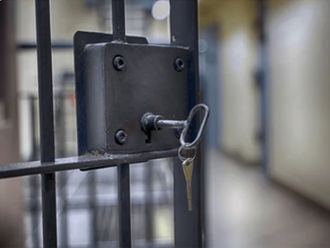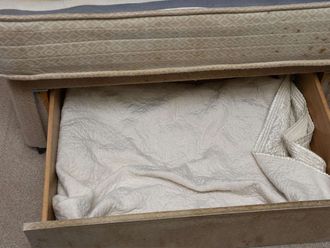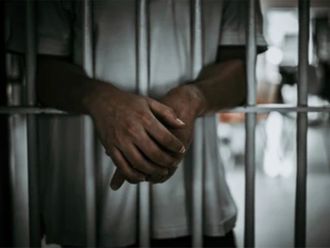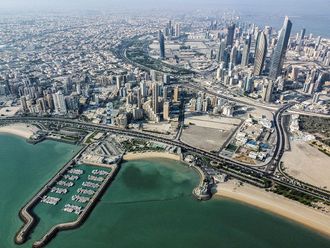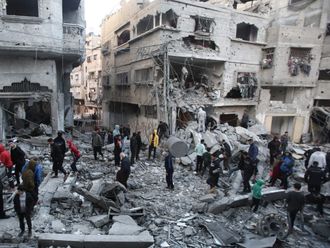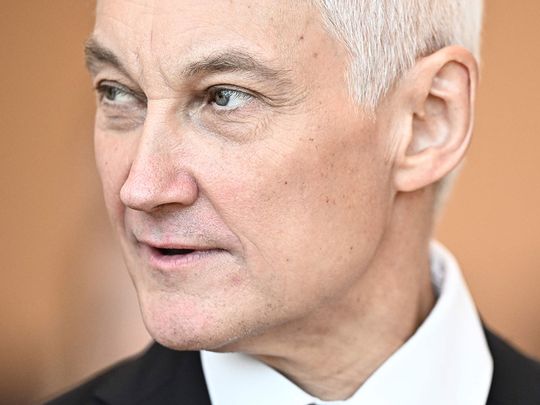
Vladimir Putin replaced his long-serving defense minister with a trained economist in an unexpected change of guard that signals the focus on growing the Russian war economy more than two years after the invasion of Ukraine.
Putin put forward his former economy aide and First Deputy Prime Minister Andrey Belousov, 65, to take over from Sergei Shoigu, 68, who was given a gentle demotion and put in charge of the security council. Nikolai Patrushev, an old ally of Putin who had held that post, was dismissed and is due to take another, unspecified job.
Most of Shoigu's predecessors under Putin also didn't have military background, but this is the first time Putin is picking a career economist to be a defense minister.
The reshuffle comes mere days after the Russian president was sworn in for a fifth term, extending his quarter-century in power, and would appear to show Putin's displeasure with the handling of the war by those in charge of security.
This is also Putin's biggest political shake-up since 2020, when then-prime minister Dmitry Medvedev was pushed aside to make way for an technocrat Mikhail Mishustin, who is staying on alongside Foreign Minister and veteran diplomat Sergei Lavrov.
Russia has lately been making limited, local gains along the frontline as Ukrainian forces wrestle with shortages of weapons and manpower, along with a dire need for more air defense systems.
The Kremlin controls almost 20% of Ukrainian territory, but its forces are advancing cautiously as Putin has been wary of ordering another unpopular mobilization after the call-up of 300,000 Russians in September 2022 provoked panic and an exodus from the country.
The appointment of Belousov is about Putin exerting more control over military affairs as the Ukraine war drags on, said Sergei Markov, a political consultant close to the Kremlin. The need for a new face to represent Russia's armed forces also became urgent after a corruption scandal involving former deputy defense minister Timur Ivanov, a key Shoigu aide.
"Belousov is personally loyal to Putin and he'll sort this all out," Markov said by phone. "There have been too many personal interests."
There was also still the whiff of unfinished business after the conflict with Wagner founder Yevgeny Prigozhin led to a failed mutiny last year. At the time, there was speculation of whether Shoigu was on his way out but that decision was put off.
In the end, Putin took his time making changes, waiting until after the death of Prigozhin in the late summer in mysterious circumstances and his own re-election this month. Putin trusts Belousov and views him as honest and not corrupt, according to a Kremlin insider who spoke on condition of anonymity to discuss the reshuffle.
"The shake-up is about consolidating the role of the military-industrial complex as the main locomotive of the economy," said Evgeny Suvorov, chief Russia economist at CentroCredit Bank.
Belousov graduated from Moscow State University in 1981 with a degree in cybernetics economics and later got his doctorate. Initially he had pursued a career at the Russian Academy of Sciences.
His first official job with Putin was as director of the department of economics and finance in 2008, when Putin briefly stepped down as president "- swapping jobs with Medvedev with a view to returning to the top job later. Belousov later briefly served as economy minister and then as Putin's top economic aide. He was instrumental in the transformation of Russia into a war economy.
He is well known for taking a harsh stance toward companies and business and was a driving force behind the government's initiative to increase taxes from metals and mining industry, including after the war started.
Shoigu, instead, was on a different trajectory after becoming a target of Prigozhin during the June 2023 revolt. His fall from grace comes after having once been a close confidant to Putin, accompanying him on highly publicized hunting and horse-riding trips in Siberia, and heading Russia's emergencies ministry for nearly 20 years.
His transfer to the security council shows that the body "- already centralized around the president's decision-making on national security strategy "- has become powerless and is being used as a "reservoir for former Putin key figures," Tatyana Stanovaya, founder of the political consultancy R.Politik, said on Telegram.
The deputy head of the Security Council is Medvedev, who has seen his role greatly reduced over the years. Putin in 2020 changed the Constitution to allow him two more mandates, which means he could rule to 2036, when he'll be 83.


